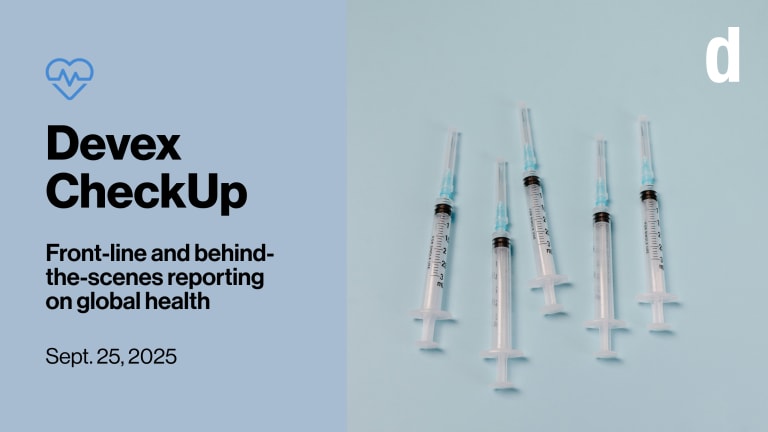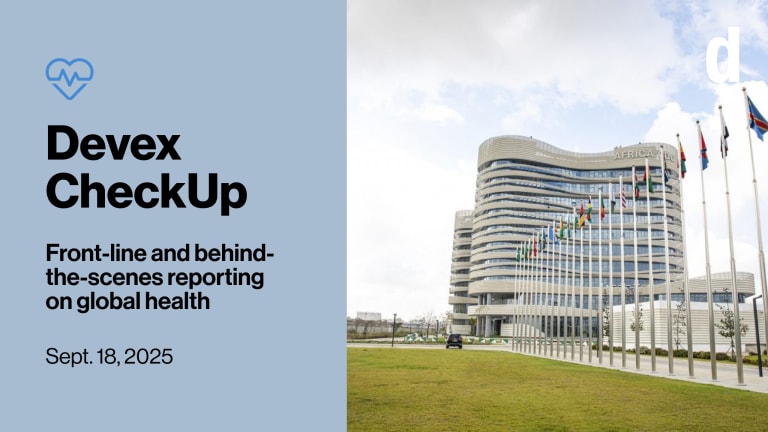This is my last edition of CheckUp. For the 130-odd weeks since my colleague Jenny Lei Ravelo and I launched this newsletter, I have had the honor to learn about global health and the organizations and people who work to make it more efficient, accessible, and equitable — and the opportunity to write about the times when that doesn’t happen. For this and the community that gives us constant feedback and encouragement, I am thankful. As I move on, I’m reassured that the newsletter will be in the able hands of Jenny, Sara Jerving, and Andrew Green, who has been a regular contributor to our global health coverage and from whom you’ll hear more in the coming weeks. I will remain a loyal subscriber and a fan of this team’s incredible reporting.
I wish I could end my stint on a positive note about the state of global health, but unfortunately, this week marks a year of Russia’s war in Ukraine and as we take stock, we are reminded of a growing health crisis.
Even in liberated areas of the country, about 1 in 3 people can no longer afford to buy medicines, and 44% are seeking care for chronic conditions such as kidney and heart disease.








